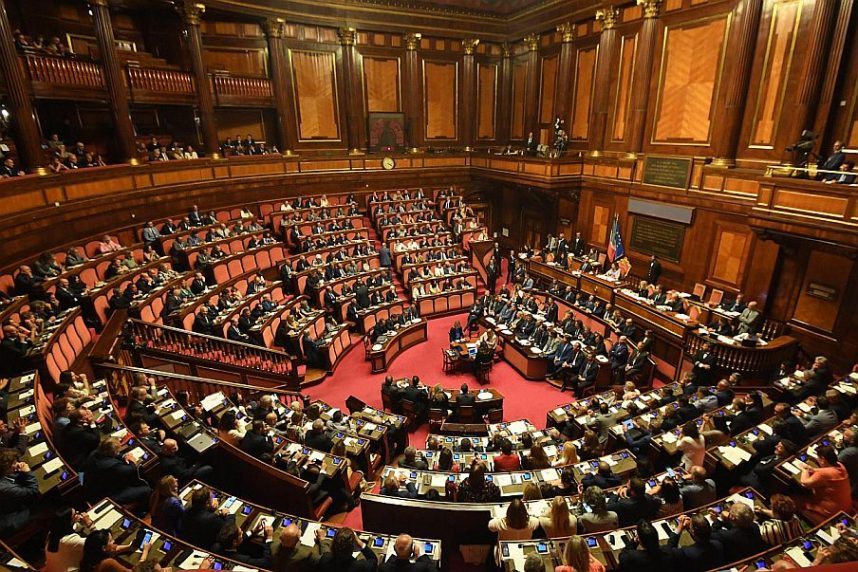Posted on: July 20, 2023, 07:54h.
Last updated on: July 20, 2023, 07:54h.
Italy’s Chamber of Deputies approved significant legislative reforms last week with the country’s new Tax Delegation Law framework. The legislation, now in the Senate, includes a section on gambling that will lead to a major overhaul of the industry.

In its session on July 12, the Chamber of Deputies passed the draft laws with 182 votes in favor and 97 against. These laws were previously approved by the Council of Ministers on March 16 and include changes proposed by the Finance Commission.
Within 24 months of the law’s enforcement, the Italian government will need to adopt legislative decrees to revise the tax system, including gambling reforms. This creates a period of uncertainty for operators.
Unlucky Number 13
Article 13 of the Tax Delegation Law states that the government must reorganize current provisions on public gaming, while maintaining the concession and authorization system.
The legislation also requires the implementation of a new program to combat illegal gaming. The Ministry of Economy and Finance will lead this effort and provide annual reports to the Chamber of Deputies and Senate.
Key focuses of the legislative reforms include the protection of minors and the prevention of illegal gambling. Legislators will establish technical and regulatory measures to ensure full protection from gambling harm and prevent gambling disorders and underage gambling.
The list of potential reforms is extensive, covering nearly every aspect of gambling. Some key considerations are:
- A reduction of wagering and winning limits
- Ongoing training for managers and operators
- Improved mechanisms for self-exclusion from gaming, including a new national register
- Minimum requirements for gaming venues and locations
- Banning betting on amateur sports competitions for minors under 18
Another item on the list introduces ambiguity about the future. The translated version reads, “Certification of each device, with gradual transition, taking into account the amortization period of the investments made, to devices that allow gaming only from a remote environment, forming part of non-alterable gaming systems.”
This implies that all machines, such as slot machines, could eventually be linked and controlled centrally. However, the exact goal of this measure remains unclear.
Land-Based Gaming Loses Ground
In May, the Regional Council for the Economy and Labor of Italy’s Marche region supported an initiative to change land-based gaming regulations. This initiative, or a variation of it, will be incorporated into the national framework.
A Royal Decree has already determined that no new permits for gaming machines can be approved under certain criteria. Specifically, they cannot be located near nurseries or other schools, ATMs and money transfer shops, pawn shops, or hospitals.
In cities or towns with 5,000 inhabitants or less, gaming venues must be at least 200 meters (656 feet) away from these locations, following the shortest pedestrian route. If the population is over 5,000, the distance increases to 300 meters (984 feet).
Furthermore, local authorities can establish daily time slots of up to six hours during which the venues must close. The government’s goal is to reduce compulsive gambling without impacting the economic stability of the establishments.
Several lawsuits have been filed in an attempt to prevent these changes, with plaintiffs arguing that they are unconstitutional. However, a recent court decision upheld the rules and cleared the way for implementation.
Last week, Italy’s Council of State, with jurisdiction over acts by all administrative authorities in the country, rejected another lawsuit regarding mandatory distancing and reduced hours. This decision cannot be appealed to the Italian Court of Cassation, the nation’s highest court.


